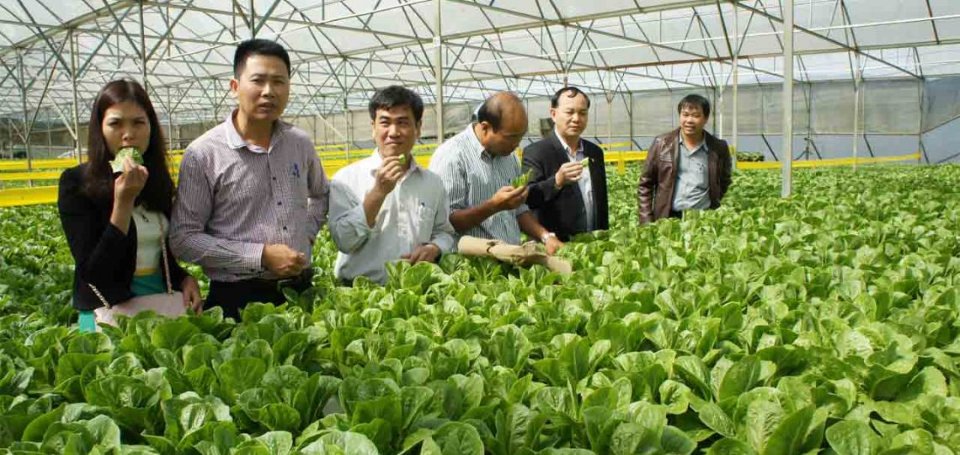Regulations on the Level of Autonomy and Job Positions in the Agricultural and Forestry Extension Sector at the College Level
On February 10, 2019, Circular 52/2018/TT-BLDTBXH promulgating regulations on the minimum volume of knowledge and competency requirements that learners must achieve upon graduation from intermediate and college levels in the fields of agriculture, forestry, fisheries, and veterinary medicine came into effect.

Regulations on the extent of autonomy and job positions in the field of agricultural extension at college level - Illustrative image
According to the regulations on the minimum amount of knowledge and competency requirements that learners must achieve after graduating from intermediate and college levels in the field of agricultural extension promulgated together with Circular 52/2018/TT-BLD-TBXH, the extent of autonomy and minimum responsibility that college graduates in the field of agricultural extension must achieve are as follows:
- Have good moral qualities and a correct understanding of the profession, have a cooperative attitude with colleagues, respect the law and workplace regulations;
- Be honest and highly disciplined, capable of working independently, willing to undertake assigned tasks, and work with high quality and productivity;
- Capable of working independently and in groups; effectively handling work in rural environments, diverse tasks related to agricultural and forestry production, with many changing working conditions;
- Guide and supervise colleagues in performing tasks, and take personal and group responsibility within the scope of assigned work;
- Capable of evaluating the quality and results of their own and the group's work after completing assigned tasks.
Additionally, after graduation, learners have the competence to meet the job requirements of the industry, including:
- Planning, supervising, and evaluating agricultural extension;
- Building models for the transfer of science and technology;
- Training and coaching in agricultural extension;
- Information dissemination and propaganda in agricultural extension;
- Consulting and services in agricultural extension;
- Grassroots agricultural extension.
Furthermore, with the minimum amount of knowledge and competency requirements that learners must achieve after graduating from the field of agricultural extension at college level, they can continue to develop at higher levels; post-graduation learners have the capacity for self-study and self-updating scientific and technological advancements within the industry to improve their qualifications, or to pursue further studies at higher levels in the same industry or in related groups of fields.
Detailed contents are available in Circular 52/2018/TT-BLD-TBXH, effective on February 10, 2019.
Le Vy
- Financial support level for the purchase and repair of transportation vehicles for the Economic - National Defense Corps in Vietnam from December 30, 2024
- Financial support levels for purchasing and repairing of medical equipment for the Economic - National Defense Corps in Vietnam from December 30, 2024
- Latest regulations on management and use of passports for officials and public employees of the Ministry of Finance of Vietnam
- New regulations on the procedures for veterinary sanitation inspection in Vietnam from January 6, 2025
- Procedures for issuing a License for eligibility to operate a nightclub service in Vietnam
- Regulations on conditions for organizing legal knowledge examinations on road traffic order and safety in Vietnam from January 1, 2025
-

- Financial support level for the purchase and repair ...
- 10:00, 23/11/2024
-

- Financial support levels for purchasing and repairing ...
- 09:00, 23/11/2024
-

- Latest regulations on management and use of passports ...
- 08:30, 23/11/2024
-

- New regulations on the procedures for veterinary ...
- 08:00, 23/11/2024
-

- Procedures for issuing a License for eligibility ...
- 19:00, 22/11/2024
 Article table of contents
Article table of contents
